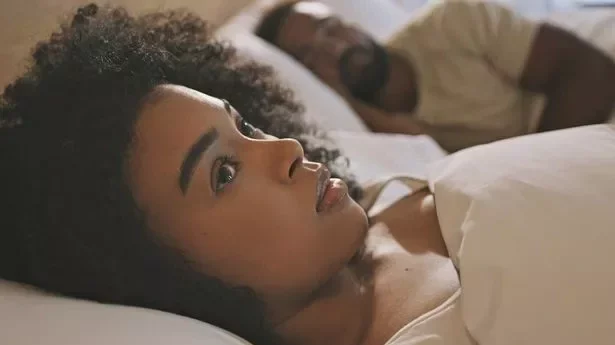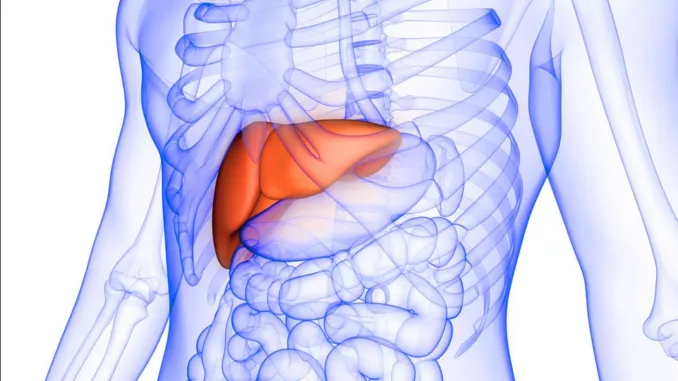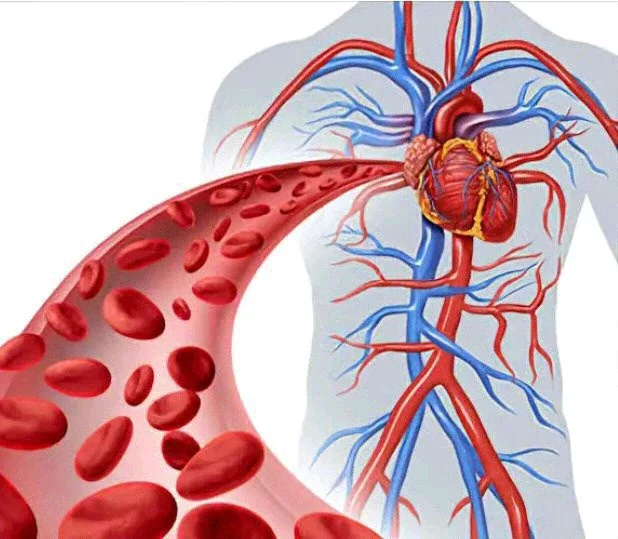Stirring from sleep in the middle of the night to use the bathroom can be a pain. If this is something that happens to you, there are a variety of possible reasons as to why

Waking up in the middle of the night to use the bathroom can be frustrating at the best of times - but it could be a sign of something serious. Nocturia is the name given when you excessively wake up and need the toilet during the night.
According to the NHS, it's not unusual to need to pass water up to eight times during the day, and once or twice at night. But if you need to go more frequently than this, it could be an indication of something more serious, such as diabetes. If this is you, it could be worthwhile to speak to your doctor.
While it's understandable to think that nocturia is caused by drinking too much water before bed, this isn't always the case. Nocturia is primarily caused by the nocturnal overproduction of urine and is a kidney-driven urine production disease. According to the Daily Record, more than a third of people in the UK suffer from nocturia - and they are losing out on hundreds of hours of sleep each year.
Happy Beds spoke to sleep psychologist, Dr Kathrine Hall, from Somnus Therapy to find out what people can do to help reduce its impact. If you need to use the bathroom throughout the night, Dr Hall recommends lying on your side when you go to sleep. Studies have shown that there is a link between improving sleep apnoea symptoms and improving overactive bladder symptoms, therefore reducing frequent trips to the toilet. If you have nocturia or sleep apnoea, sleeping on your side with your back straight helps to open the airways and allows you to breathe more regularly.
If you're someone who stands up all day, this could be something that makes your trips to the bathroom at night more frequent. Dr Hall explained that if the only time you lie flat is when you go to bed, the fluid that has accumulated in your legs doesn't have the chance to drain and flow to the kidneys. He recommends elevating your legs before bedtime, such as resting them on the arm of a sofa, to let the fluid drain more easily.
It might come as no surprise that drinking too much before you go to sleep can also cause nocturia. While you don't want to reduce how much water you drink in a day, it is important to plan when you're consuming it. If possible, avoid drinking water for around two hours before you settle down for the night. If you are thirsty before bed, try having small sips, and since alcohol is a diuretic, it should be avoided close to bedtime if you can.
















Comments